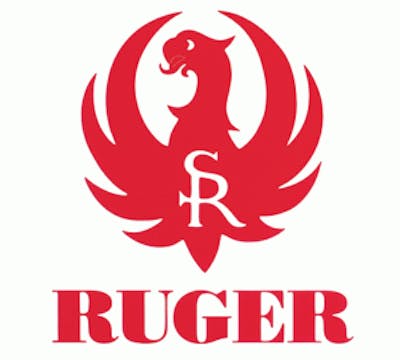No, an IRS agent did not literally force me to sell my gun stocks. But I sold the shares of Sturm, Ruger & Company (NYSE:RGR) and Smith & Wesson Holding Corporation (NASDAQ:SWHC) I was holding early last week, largely because of the recent scandal surrounding the IRS.
Gunmakers have been on a fairly solid run since December. However, I’m afraid this move might be over — the gun buying mania sparked by a renewed focus over gun control may be dissipating.
Fears over gun control

At the time, it looked as though two factors were affecting the share price:
1). The possibility of new, restrictive gun laws that would affect future sales
2). Funds dumping their shares for moral, not economic, reasons
For the former, I saw very little probability of any meaningful gun legislation being passed. Many money managers, living in densely populated urban areas, may have thought it was a fairly likely event. But as I live in the Midwest, I see daily that the gun culture in this country is alive and well.
Moreover, fears over gun restrictions actually serve to improve the fundamentals of the gunmakers, as consumers buy today what they think they can’t get tomorrow.
As for the later, I knew that as long as the fundamentals were unchanged, this selling pressure would abate. In fact, this temporary artificial selling would create an attractive entry point.
New scandals changing the focus
But in recent weeks, the focus of Washington and more importantly (for reasons of consumer psychology), the cable news networks, has been shifted from gun control to other scandals, in particular the IRS.
(As this is an investment piece, and not a political one, I won’t go into detail. But I believe this article from The Telegraph does a nice job of summarizing the ongoing scandals.)
Granted, President Obama has vowed to continue pushing for gun control, but after having meaningful reform defeated in the Senate late in April, and the administration losing at least some credibility due to recent events, it would shock to me to see any sort of stringent reform brought up for a vote in Congress, let alone passed.
The long-term outlook for guns
Of course, even when I got into the gun trade, I knew that the longer-term outlook for the gun industry was poor. Perhaps this is why these stocks remain fairly heavily shorted.
First, guns are extremely durable goods. A gun, kept clean and stored properly, can literally outlive its owner. Granted, most gun owners don’t simply buy one and call it quits — but how many guns can one person own? At some point, the market will become fully saturated, and gun sales will naturally plummet.
Secondly, the demographic trends facing the gun industry seem particularly grim. Gun ownership as a percentage of households has been steadily falling for the past 30 years — from about half of households in 1977, to about a third in 2010. What’s more, young people are, in general, less likely to own a gun, though some studies suggest they will purchase them when they get older.
Lastly, it’s pretty clear that the recent trend in gun sales has been driven by people hoarding them, not out of a secular shift in demand. The popularity of hunting, for example, has been declining for decades.
Admittedly, it’s an anecdotal example, but the rise of a show like Doomsday Preppers hints at where the true demand for firearms lies. (Reality TV might actually be a solid indicator of bubbles, given the fact that shows such as Flip This House and Flip That House began airing in 2005, just a few years prior to the collapse of the US housing bubble.)




